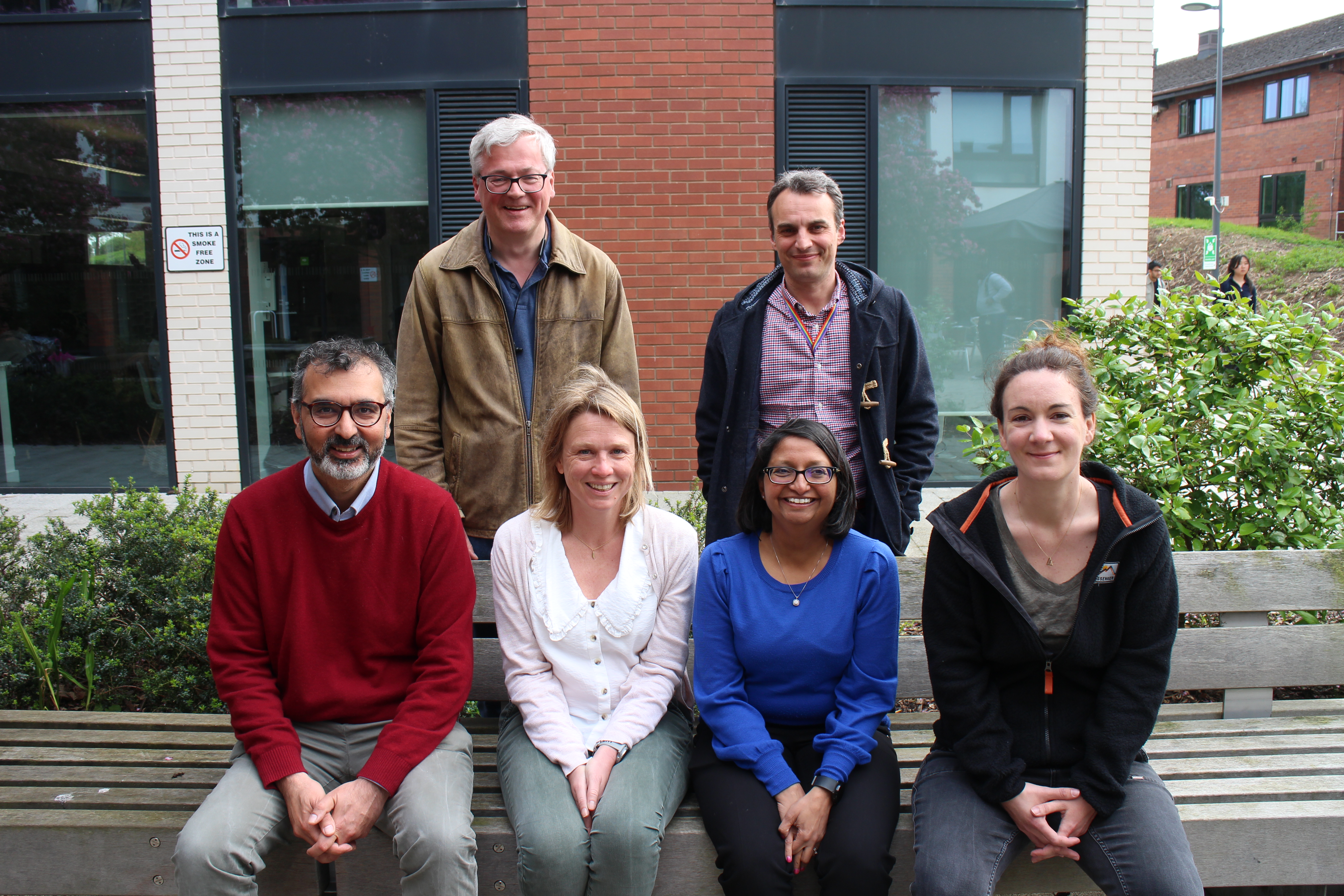About us
More about our work at CHEW
Health economics is a relatively young but increasingly important discipline sitting at the interface between social and health sciences. While health and economics might seem disparate terms, many issues facing health care systems are fundamentally economic. How should services be provided sustainably for an increasingly ageing population? How can we improve the efficiency of the National Health Service (NHS) without jeopardising access and quality of care? Which new expensive cancer drugs should be purchased and what other care will go unfunded as a consequence? Thus, health economists are tasked with helping governments at home and abroad to value and prioritise healthcare services and systems, using a specialised range of research methods and designs. This includes developing new approaches to incorporate wellbeing into economic evaluation.
CHEW works with Warwick Clinical Trials Unit, collaborating on a substantial portfolio of NIHR funded research, particularly clinical trials. Sometimes these trials involve old technologies being used in new ways and sometimes they are truly innovative. For example, rotator cuff tears of the shoulder are commonplace, sometimes irreparable and lead to substantial pain and disability. The START-REACTS trial evaluated a dissolvable saline filled balloon inserted surgically above the torn tendons intended to improve joint function, reduce pain and promote healing. The trial found no benefit for the insert, halting the diffusion into the NHS of an ineffective treatment. The sensitive application of economic analysis within the NHS and the methodological challenges raised are a central theme for CHEW.
In the national context, Warwick Evidence help the National Institute of Health and Care Excellence (NICE) to assess the cost-effectiveness of new technologies seeking reimbursement.This includes detective work, assessing pharmaceutical company submissions to NICE seeking National Health Service (NHS) funding, by critiquing and re-evaluating claims of effectiveness and cost-effectiveness.Often these assessments become negotiations helping the NHS to secure new drugs at an acceptable cost reflecting their value.
Abroad, CHEW has a growing international research programme, with particular interests in Infectious diseases and mental health. We work with a number of overseas universities, policymakers, and funding agencies, to help decide the best way to invest limited health care budgets and meet ambitious goals such as Universal Health Coverage. Projects include the NIHR Global Health Research Group on Psychosis Outcomes, where we are developing tools to measure the financial impact of mental illness on vulnerable households in India, and the STREAM trial, where we found that shortened regimens for drug-resistant TB reduced health care costs in Ethiopia and South Africa, and allowed patients to return to work much sooner.
CHEW helps the NHS in the UK and other healthcare systems abroad to understand the value of new technologies and programmes in a wide range of fields. We welcome discussion about work in these areas.
Mission Statement
- Develop CHEW’s national and international reputation in health economics through policy-relevant research, engagement and dissemination.
- Grow CHEW’s collaboration and portfolio sustainably, through strategic and competitive research awards.
- Provide a common point of access to health economic research and teaching at Warwick, facilitating networks within and beyond the University.
- Encourage understanding of health economic issues and methods though pedagogically appropriate teaching and training.
- Promote personal development by providing a positive and supportive work context, ethos, training and opportunities.
- Invest in the next generation of leaders in health economics: in academia, policy contexts and industry.
- Build on a reputation as an attractive, dynamic and fast-growing academic community.

